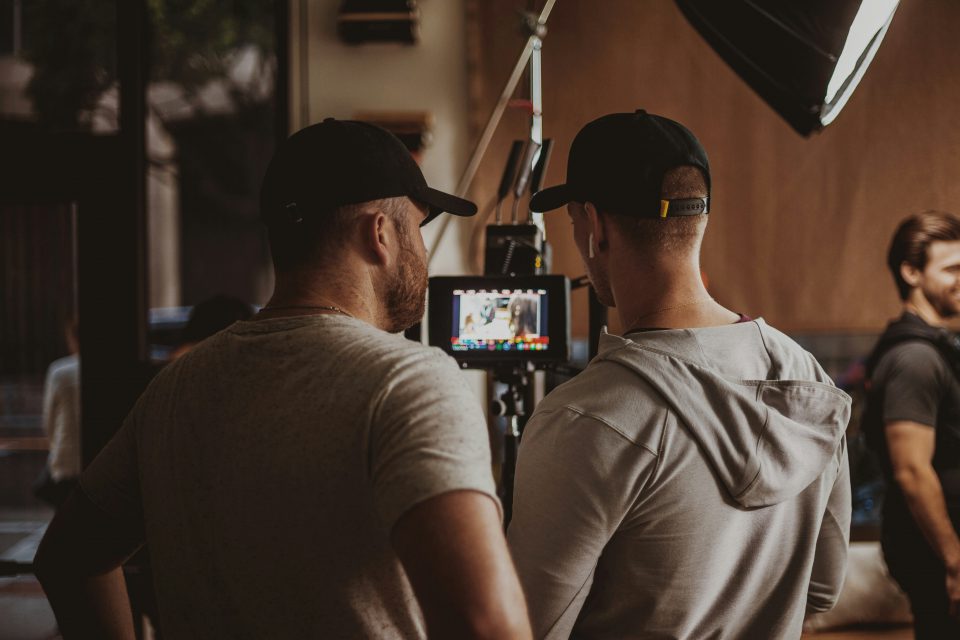Introduction
If you’ve ever watched a movie or a TV show and wondered how people get their homes or properties featured in those productions, you might be interested in hosting film shoots at your own property. Renting out your property for film shoots not only provides a unique and exciting opportunity but also offers a potential additional revenue stream. In this article, we will explore the benefits of hosting film shoots, steps to prepare your property, effective marketing strategies, negotiation tips, ensuring a smooth shoot experience, legal considerations, and the process of renting out your property as a film location.
Preparing Your Property for Film Shoots
Before opening your property to film shoots, it’s crucial to ensure that it is film-ready. Start by thoroughly cleaning and decluttering the space to create a visually appealing environment for location scouts and production companies. Make any necessary repairs or renovations to enhance the overall appearance and functionality of the location. Additionally, consider the specific needs and requirements of film productions, such as access to power outlets, ample parking space, and sufficient room for equipment setup. By taking these steps, you can make your property more attractive to potential filmmakers.
For example, if you’re offering a historic house as a film location, you might consider restoring any damaged or outdated features, ensuring that the property accurately reflects the desired time period for period pieces.
Marketing Your Property as a Filming Location
To attract location scouts and production companies to your property, it’s important to implement effective marketing strategies. One way to publicize your property is by utilizing online platforms and services that connect property owners with filmmakers. These platforms allow you to create a listing showcasing the unique features and characteristics of your property. Including professional photos of your property can significantly enhance your listing and attract attention. Highlight any standout features that make your property a desirable film location, such as architectural details, scenic views, or versatile indoor and outdoor spaces.
For instance, if your property has a stunning rooftop terrace with panoramic city views, make sure to showcase it in your listing to capture the interest of filmmakers seeking an urban backdrop.
Negotiating Terms and Agreements
When negotiating with production companies, there are several factors to consider. Determine appropriate fees based on the type and budget of the production. Lower-budget projects may have different financial constraints compared to big-budget films or TV shows. Establish written guidelines and restrictions in the contract to ensure that both parties have a clear understanding of expectations. Discuss payment schedules, insurance coverage, and responsibilities for any potential damages that may occur during the shoot. By addressing these aspects upfront, you can avoid misunderstandings and create a mutually beneficial agreement.
For example, you may negotiate a higher fee for a production that requires exclusive access to your property for an extended period or involves complex scenes that may require additional setup or equipment.
Ensuring a Smooth Film Shoot Experience
To ensure a successful and hassle-free filming process, clear and effective communication with the production team is essential. Stay in touch with the location manager or production coordinator to address any questions or concerns they may have. Provide necessary amenities and accommodations for the crew, such as access to restrooms, changing areas, and designated areas for catering. Being flexible and accommodating during the shoot can also contribute to a seamless experience. Understand that film productions involve numerous moving parts, and adaptability can help facilitate a smooth operation.
For instance, if the production team needs to rearrange furniture or temporarily modify the layout of your property to accommodate specific scenes, being open to these requests can contribute to a positive working relationship.
Legal Considerations and Permits
Before hosting film shoots, it’s crucial to understand the legal requirements and permits necessary for this activity. Research local regulations and obtain any necessary permits required by your city or jurisdiction. Familiarize yourself with liability and insurance considerations for hosting film shoots. It may be prudent to consult with an attorney or insurance professional to ensure that you have appropriate coverage. Additionally, taking precautions to protect your property, such as hiring a Film Site Representative, can help minimize potential risks.
For example, if you plan to host film shoots in Los Angeles, you would need to comply with the city’s film permit requirements and regulations to avoid legal issues.
Conclusion
Hosting film shoots at your property can be a rewarding experience both financially and personally. By preparing your property, effectively marketing it, negotiating terms and agreements, ensuring a smooth shoot experience, understanding the legal considerations, and following the necessary permitting processes, you can tap into the income potential of renting out your property as a film location. Embrace this unique opportunity and make the most out of hosting film shoots at your property. Vist AVVAY.com to get started!
Sources:


